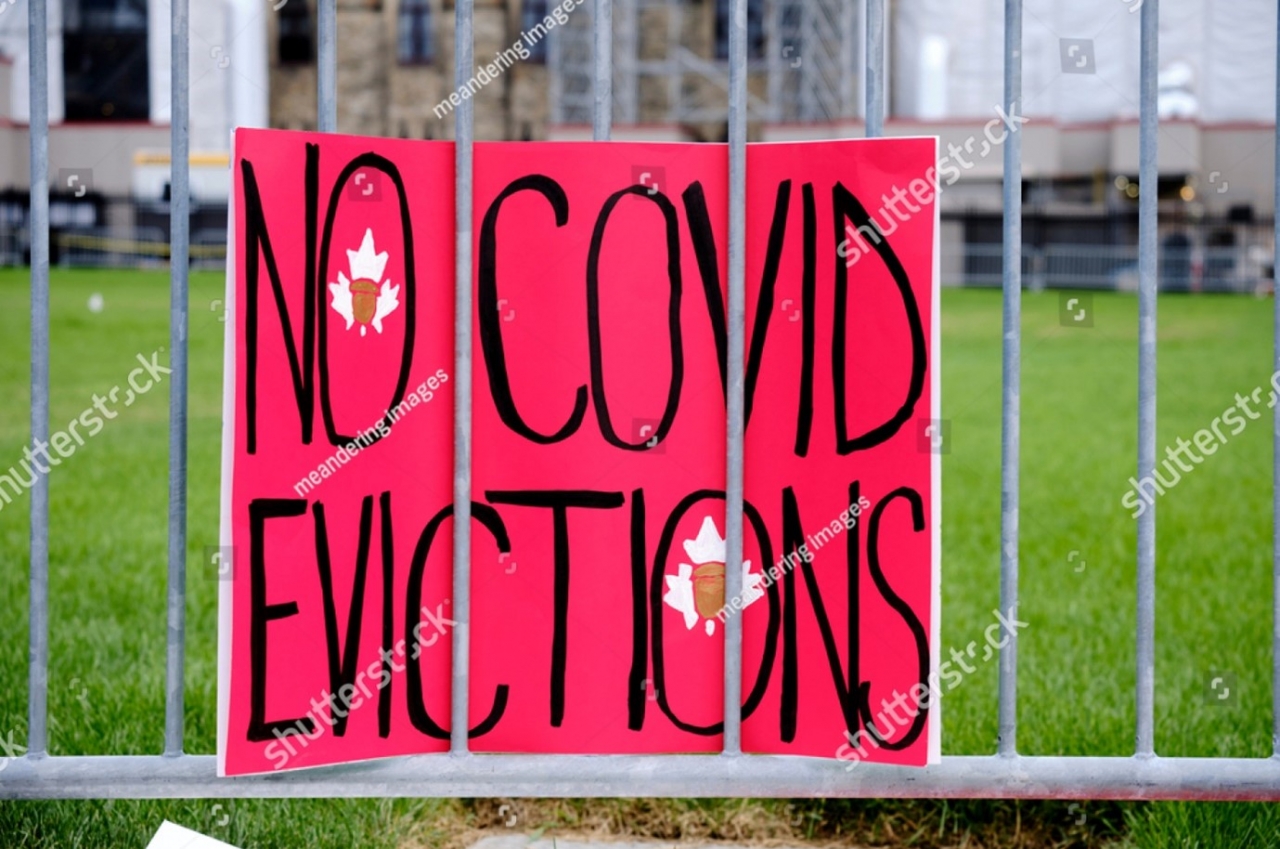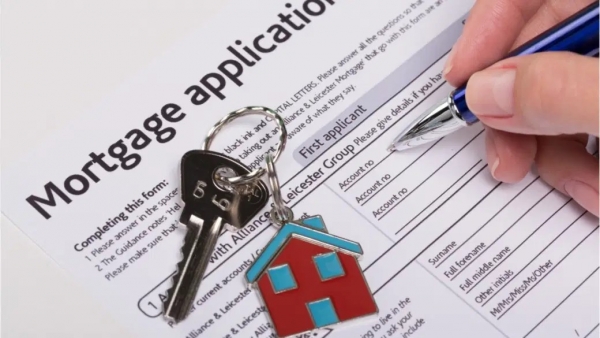If you’re a tenant, the eviction ban is about to come to an end, but there is some good news…
With the government ban on evictions coming to an end on 20th September, renters could see themselves having to leave their homes, unless there are exceptional circumstances such as domestic abuse or anti-social behaviour.
And those landlords in England who do wish to end existing tenancy agreements will have to give tenants 6 months’ notice.
But despite this help from the government, various homeless and debt charities and a host of MPs have expressed concerns about the ending of the eviction ban.
A recent research survey carried out by the StepChange debt charity suggests that around 590,000 tenants are in arrears, with an average debt of just over £1,000 per property.
And figures from housing charity Shelter indicate that around 120,000 tenants in rent debt have already been issued an eviction notice, 175,000 of whom have been threatened with eviction.
Recently, a group of 16 health organisations - including the British Medical Association, the Royal College of Physicians and the London Renters Union - called for the ban to be extended to prevent a rise in Covid cases but so far, there are no signs that the ban will be extended any further.
So what should you do if you can't pay your rent
We advise private renters to speak to your landlord as soon as you can.
They may be able to defer your payments, or allow you to pay reduced amounts for a limited period. But be aware that they don't have to do this.
For anyone classed as a social renter should speak to their housing association or local council.
And in the event that you don’t feel as if you are getting sufficient (or the right) support from them, speak to us, or contact Shelter, who will advise you on what to do next.
If you are finding it tough to make your payments because of financial difficulties or debt, here are some tips about managing your money:
- Keep a close eye on your bank balance - understanding your expenditure and buying habits is a good first step to organising yourself
- Plan a budget – list all your income and expenditure, such as food, drink and travel costs, and if you have any surplus, consider in advance what else you need or want. If there’s no surplus, you’ll have to find ways of increasing your income, or cutting your costs
- Pay off more than the minimum - if you’ve got credit card debts, you should try to pay off more than the minimum amount each month to clear the debt sooner, and if you have more than one credit card, prioritise the ones with the highest interest rate
- Prioritise your debts - if you have several debts, it’s vital to prioritise them; costs such as rent, mortgage, council tax and energy bills have to be paid first to avoid serious consequences
- Get advice - If you’re really struggling to pay your debts, you need to get professional advice as soon as possible, before they build up even further. Groups like StepChange, the Money Advice Trust or Citizens’ Advice are there to help you; they can negotiate with your creditors on your behalf, and may be able to help you achieve a more affordable repayment schedule.
Understanding your rights as a tenant
As a private tenant, you can be given notice to leave if your landlord issues either a Section 21 notice, or a Section 8 notice.
Section 21 notices are commonly referred to as a “no-fault evictions” because landlords don't have to give any reasons for asking you to leave.
However, if the landlord issues a Section 8 notice, they do have to specify their reasons for asking you to leave.
Since the Covid lockdown, the government has amended the conditions for these notices, so landlords must now give evidence about how their tenants' circumstances may have been affected by the coronavirus for a Section 21 notice, otherwise a hearing will be delayed.
For Section 8 notices, tenants now have a 3-month notice period until 30th September, if you were given notice by your landlord on or after 26th March. Previously, the notice period was just 2 weeks.
And if you’re a landlord…
Many people feel that these changes have left landlords powerless to exert their legal rights to deal with arrears unrelated to Covid-19, as well as antisocial behaviour and disruptive tenants who make life miserable for housemates and neighbours.
Whether you’re a tenant or a landlord…
If you have any queries or concerns about tenancy agreements, and the implications of changes to the rules relating to evictions, you can always speak to us here at Compass Residential. We’re experts in all aspects of property rentals.
Whatever your situation, it’s important to take advice, and not bottle things up, as this can only make things worse. There are lots of people and organisations who can help you.
So if you need help, talk to someone. Anyone. We’re always here, with a professional, friendly, sympathetic ear, and constructive, practical advice.
If you have any questions or concerns about any aspect of buying, selling or renting a property in these changing times, Ann Marie Rowland, Mark Newton and the Compass Residential team is on hand to help. Just call 020 3903 6660 or email markn@compassresidential.co.uk

 By
By 
 By
By 


Share this with
Email
Facebook
Messenger
Twitter
Pinterest
LinkedIn
Copy this link